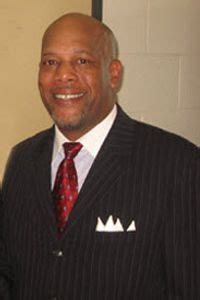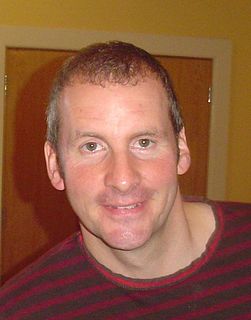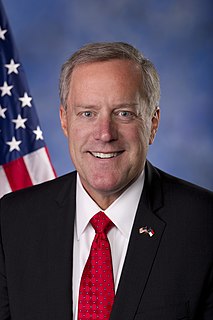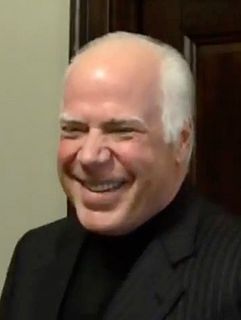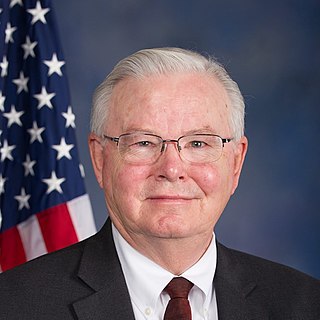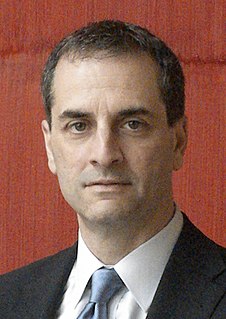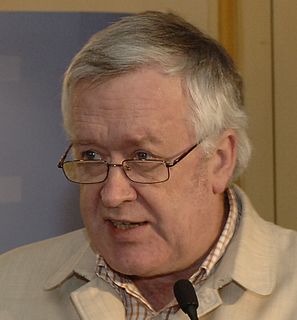Top 1200 Climate Quotes & Sayings - Page 4
Explore popular Climate quotes.
Last updated on April 21, 2025.
Climate change should not fundamentally be seen as a political or partisan issue, but it has been turned into a political football primarily by the climate deniers who have a vested interested in maintaining the status quo. That includes certain industrial interests, financial interests and political interests.
Any objective look at what science has to say about climate change ought to be sufficient to persuade reasonable people that the climate is changing and that humans are responsible for a substantial part of that - and that these changes are doing harm and will continue to do more harm unless we start to reduce our emissions.
We should really focus on an American First agenda, and these climate pacts and climate regulations have been designed to not necessarily give American workers and the American environment a head start. It really gives our competition a greater ability to compete internationally and disadvantage American companies.
At first when I heard about climate change, I was a climate denier. I didn't think it was happening. Because if there really was an existential crisis like that, that would threaten our civilisation, we wouldn't be focusing on anything else. That would be our first priority. So I didn't understand how that added up.
Here on Earth, we're exposed to asteroids hitting the Earth, eventual changes in the Sun, changes in the Earth's climate, things we're doing to the Earth's climate. If we want to survive, we need to become a multi-planet species. That's further down the road, but the first wave is going to be the explorers.
Becoming carbon neutral is only the beginning. The climate problem will not be solved by one company reducing its emissions to zero, and it won't be solved by one government acting alone. The climate problem will not be solved without mass participation by the general public in countries around the globe.
With climate change and health crises rightfully receiving international attention, the time has come to focus on hunger as a top priority. WHO regards hunger and malnutrition as the gravest threat to public health, and climate change threatens to further destabilise already fragile food-production systems.
It is certainly true that conservative Christians are much more likely to doubt the reality of climate change than mainline Christians or the unaffiliated. But when we control for political affiliation and for the important role of thought leaders in determining our opinions on social issues such as climate change, most of the faith-related bias disappears.
To look at the climate crisis alone - and in my view this is an election where we're not just deciding what kind of a world we will be but whether we will have a world or not, going forward. And the climate crisis, for one thing, you know, Hillary [Clinton] has not repudiated fracking by any means, nor fossil fuels.
I have a sense of mission on this climate crisis, and I'm trying to pour all the energy I have into it. And I hope that I, along with others, can catalyze the emergence of real solutions to the climate crisis. I think we're making a lot of progress. I think we're going to win this, but it matters how quickly we win it. So I'm focused on that.
Although not initially of his own choosing, Michael Mann has been the most important, resilient, and outspoken warrior in the climate battle--responding to threats and persecution with courage and resolve every step of the way. Anyone who cares about the climate issue must read his fascinating--and enraging--story.
I think about issues like climate change, and how six of the 10 worst impacted nations by climate change are actually on the continent of Africa. People are reeling from all sorts of unnatural disasters, displacing them from their ancestral homes and leaving them without a chance at making a decent living.
I think climate change is probably the most extreme, and it's been going on for years because it's very difficult to talk about a planetary issue like climate change and to get people who live within four-year electoral cycles to actually pay attention to something that you predict is happening way in the future.
If there is a series of attacks like that or, God forbid, if ISIS is really sending soldiers across Europe and maybe across the world for a barrage of these things, then the political climate is revolutionized here. And maybe the [Donald] Trump speech will look like a precursor to a climate that we're all about to walk into.
As for climate change, it's by now widely accepted by the scientific community that we have entered a new geological era, the Anthropocene, in which the Earth's climate is being radically modified by human action, creating a very different planet, one that may not be able to sustain organized human life in anything like a form we would want to tolerate.
I think the challenge of climate change in particular is the challenge for us to create and produce new norms for a new kind of world. And that's why I think as important as the issue of climate change is, it's even more important than it seems because if we can't evolve very quickly, new norms to deal with issues like climate change, we're not going to be able to survive in the kind of world we've created. So I think, really, the whole nature of democracy, of governance, of global community and of solving the kinds of problems of the 21st Century are really at stake.
Tackling the issue of climate change presents us with an inflection point in human history - a climate justice revolution that separates development from fossil fuels, supports people in the most vulnerable situations to adapt, allows all people to take part, and, most importantly, realise their full potential.
We climate researchers can only offer possible scenarios. In other words, things could end up being completely different. But there are undoubtedly parts of the world that will benefit on balance from climate change. Those areas tend to be in the north, where it has been cold and uncomfortable in the past. But it's considered practically heretical to even raise such issues.
The irony is that one of the things people want to solve climate change is more market - more price on carbon so that markets have something to chew on when they think about climate change instead of the complete monopoly, the absurdity of allowing these guys to own the sky for free - socialise all of the costs and privatise all of the profits.
We now know that climate action does not require economic sacrifice. This is fully in line with the World Bank Group's findings. It is up to all of us to make smart policy choices that will help combat climate change. For example, putting a price on carbon is a necessary step and could drive resources and investments to a cleaner economy.
The counterculture has nothing to do with Dolce & Gabbana having a 'Hippy Summer' or something. Street kids, and kids who want to live in any sort of counter-cultural experience other than what's being presented by the mainstream media or political climate, or 'normal' cultural climate, are never going to look like that.




